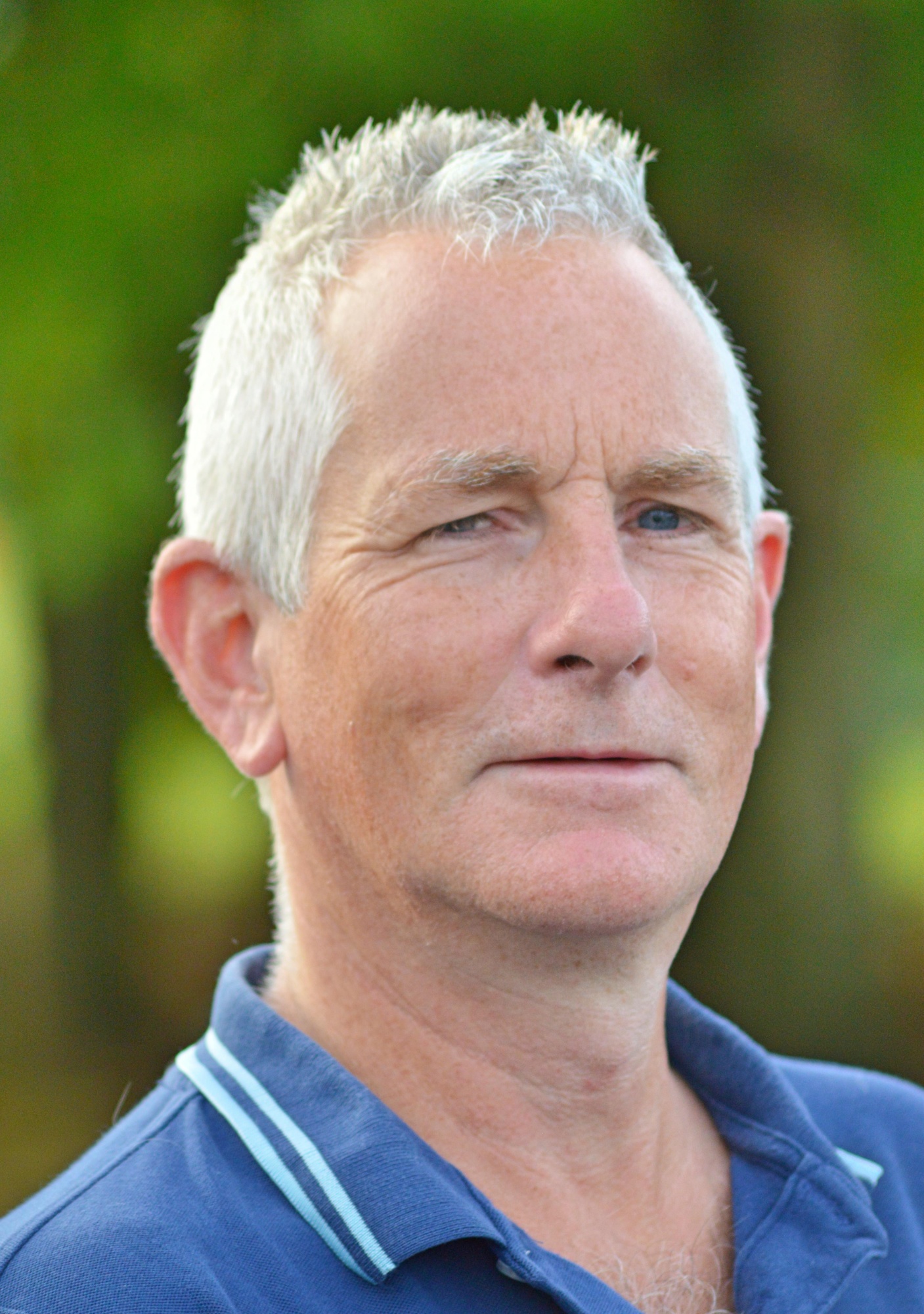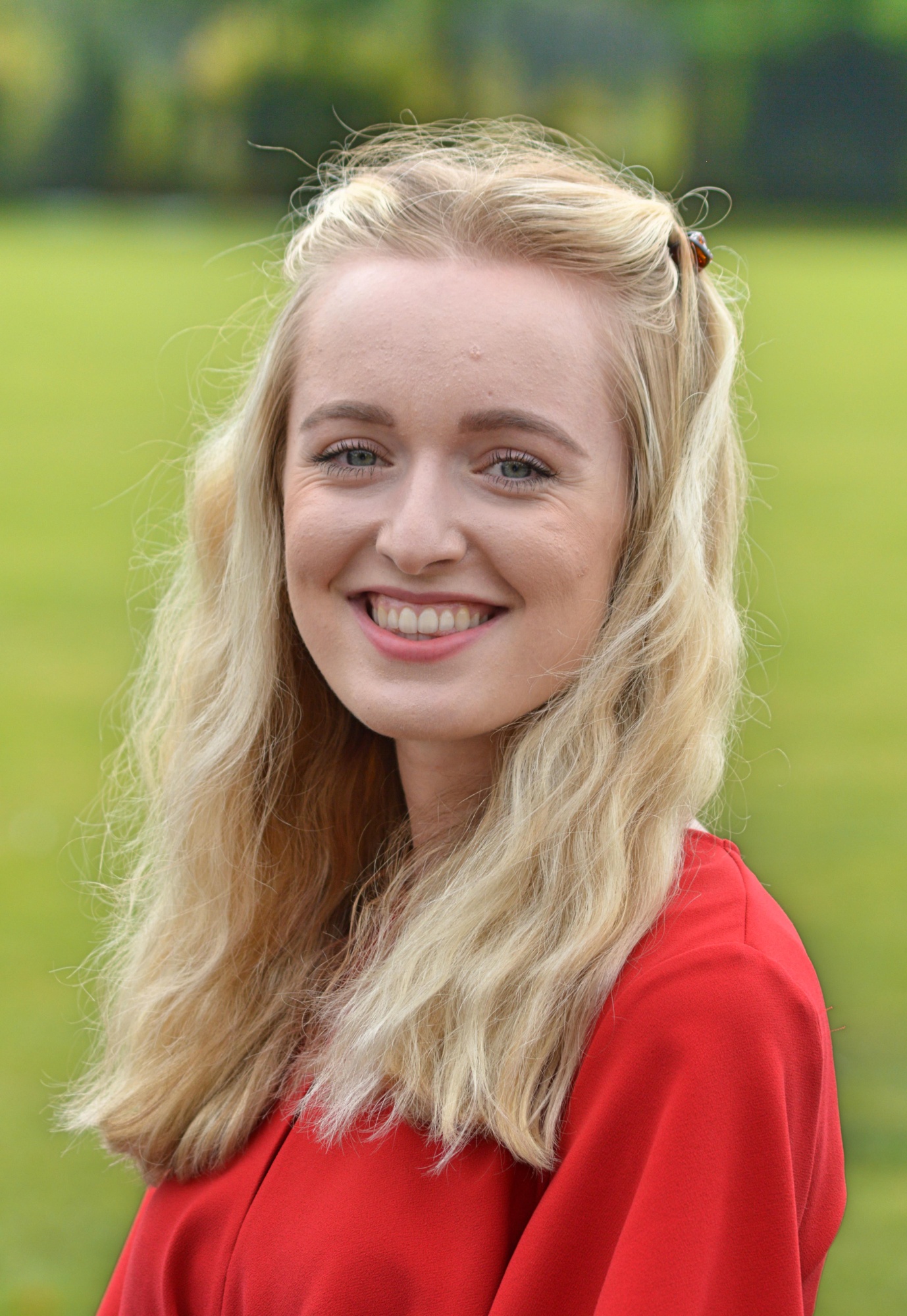Geography

Mr Weller & Miss Andrews coordinate Geography at Katherine Semar.

Intent
Global significance
Geography develops contextual knowledge of the location of globally significant places including their defining physical and human characteristics and how these provide a geographical context for understanding the actions of processes. Our INSPIRE curriculum provides children with opportunities to understand the processes that give rise to key physical and human geographical features of the world, how these are interdependent and how they bring about spatial variation and change over time.
Progression of skills
The geography skills progression allows the children to become competent in the geographical skills needed to:
- Collect, analyse and communicate with a range of data gathered through experiences of fieldwork that deepen their understanding of geographical processes.
- Interpret a range of sources of geographical information, including maps, diagrams, globes, aerial photographs and Geographical Information Systems (GIS).
- Communicate geographical information in a variety of ways, including through maps, numerical and quantitative skills and writing at length.
As Michal Palin states, “You can travel the seas, poles and deserts and see nothing. To really understand the world you need to get under the skin of the people and places. In other words, learn about geography. I can’t imagine a subject more relevant in schools. We’d all be lost without it.” Our curriculum and skills progression empowers the children to achieve this.
High expectations
Our curriculum is designed with the national curriculum as a starting point but as we have extremely high expectations for our children so we have added additional challenge. These can be seen in the bold objectives in our INSPIRE curriculum. Fieldwork is an integral part of our geography curriculum with trips and visits often being used as topic launches in order to provide context for the children’s learning. We use an enquiry based approach to learning in geography to allow the children opportunities to meet these expectations through their own research and understanding of carefully selected resources.
Implementation
Geography long term plan
- Each year group will teach the areas of Geography identified in the school’s long term plan to ensure coverage of statutory knowledge and skills.
- The school’s Geography progression of skills will be used to identify the learning objectives for each year group, in line with the school’s raised expectations.
- Each of the world’s continents will be explored in greater depth by identified year groups across the school.
Cross-curricular learning and real world contexts.
- Wherever possible, a cross-curricular approach will be taken to the teaching of geography. Lessons will often be linked to children’s learning in English, Maths, Science, History, PSHE or RE.
- We understand that the human and physical geography of our world is constantly changing and wherever possible, real time issues and topics will be explored throughout our Geography curriculum.
Topic launch and land
- Each half term topic will begin with a cross-curricular launch event to engage and motivate the children. This will also act as ‘knowledge harvest’ allowing teachers to assess children’s existing knowledge and skills in order to adapt planning and ensure appropriate levels of challenge for all children.
- Each half term will end with a land event which celebrates children’s learning and progress. This will involve the children communicating their learning in some way, for example exhibitions or assemblies.
Fieldwork
- We understand, through analysis of relevant research, that fieldwork is an essential element of an outstanding geography curriculum and therefore ensure it is a high priority for all learners.
- Fieldwork is carried out in every year group across the school and the skills progression ensures children gradually build their fieldwork skills over their time at Katherine Semar.
Learning about our local area
- Our INSPIRE curriculum has been designed to be relevant for our children and as a result, our local geography is central to our geography curriculum. Children in all key stages undertake an extended unit of work based on exploring our local geography.
A whole school commitment to Geography
- Geography is a highly valued aspect of our school curriculum and permeates all aspects of our school community.
- For example, children draw on, and develop their Geographical knowledge and skills in weekly assemblies where links are made to music, religions, stories and the children’s own trips and experiences.
- Geography also plays a strong role in our curriculum celebration weeks, for example our Olympic Week and our Art Week, where children draw upon and further develop their Geographical skills and understanding in whole school project weeks.
Challenge and Support for all Learners
- We understand that every learner develops differently and adapt our provision continuously to ensure every child receives the correct balance of support and challenge in order to achieve their very best. We recognise this fact and provide suitable learning opportunities for all children (including those who may be gifted and talented or have additional needs) by matching the challenge of the task to the ability of the child. Each child is valued, respected and challenged regardless of ability, race, gender, religion, social background, culture or disability.
Assessment
We use MAPP (Mapping attainment and progress for pupils) to assess children’s progress against the expectations of our INSPIRE curriculum. We assess children against both the requirements and standards of the National Curriculum as well as our school’s own raised expectations for all children.
